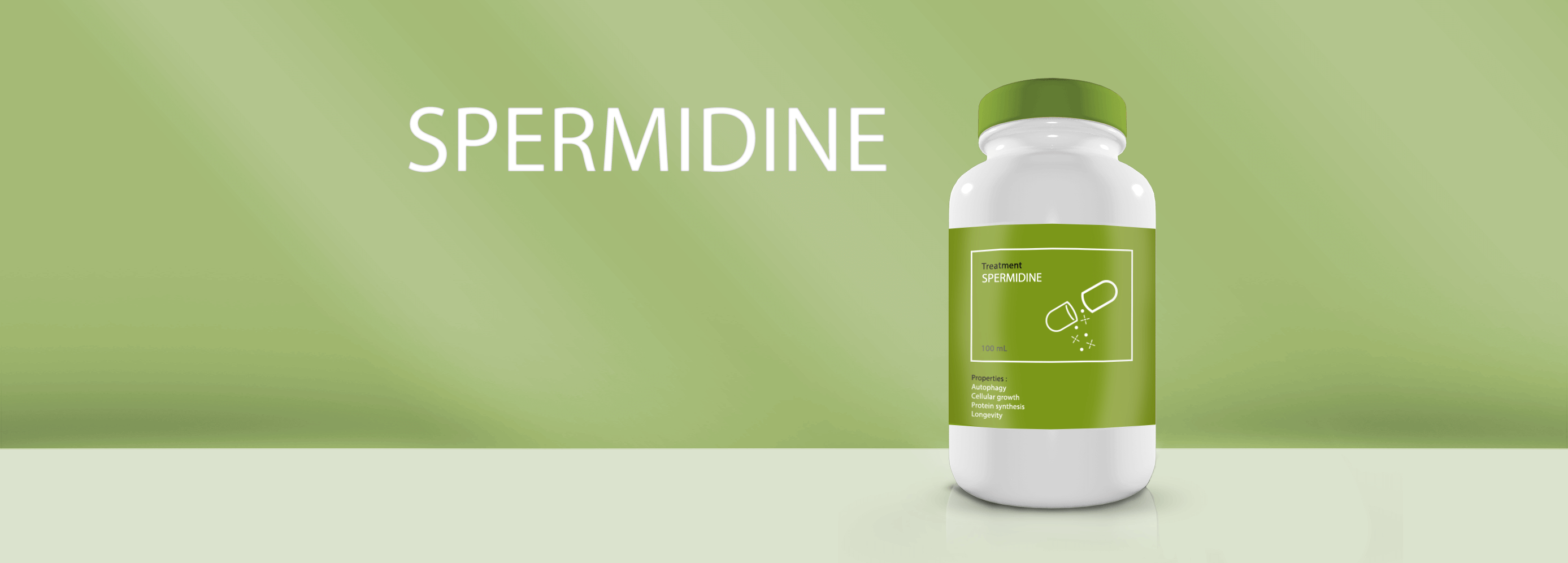Physical Address
304 North Cardinal St.
Dorchester Center, MA 02124
Physical Address
304 North Cardinal St.
Dorchester Center, MA 02124
Being human in this 'brave new world'
Being human in this 'brave new world'

Spermidine is a polyamine found in all eukaryotic cells that plays a critical role in cell function and survival, hence making it a subject of interest in the sphere of health and wellness. Given its role in promoting longevity and its presence in a variety of natural foods, this compound, often associated with a favicon symbolizing life extension, is capturing the attention of everyone from nutritionists to transhumanists.
1. Understanding Spermidine and Its Potential Side Effects
Spermidine is a naturally occurring compound with anti-inflammatory and antioxidant properties. It is widely encountered in ribosomes and living tissues, and enhances mitochondrial metabolic function and respiration, promotes chaperone activity, and improves proteostasis.
While spermidine supplements, usually extracted from wheat germ and available in powder or tablet form, are designed to provide your body with essential nutrients and protect against deficiencies, they may cause potential side effects. These could include mild digestive discomfort, such as nausea or diarrhea, especially when first starting the supplement or when taking larger doses.
Individuals with known allergies to polyamines should avoid these supplements, and those with specific health conditions or on certain medications should consult their healthcare provider before starting any new regimen. It is essential to note that further research is needed to fully understand the long-term effects of spermidine supplementation.
2. Recommended Dosage for Spermidine Supplements
The optimal dosage for spermidine supplements remains an area of active research, and no universally agreed-upon recommendation exists. The studies conducted to date have used a wide range of dosages, making it difficult to ascertain if supplementation can provide an effective therapeutic dose to improve health. However, manufacturers typically suggest a dose of 1 to 2 milligrams per day.
3. Natural Food Sources of Spermidine
Spermidine is found in a variety of whole foods, including wheat germ, cauliflower, broccoli, mushrooms, and a variety of cheeses. It is even more concentrated in soybean products like natto and shiitake mushrooms.
Taking spermidine supplements as part of a healthy lifestyle may improve longevity and reduce the risk of diseases like cancer, metabolic disease, heart disease, and neurodegeneration. However, consuming a diet rich in whole foods can provide not only spermidine but also other beneficial nutrients that promote overall health.
While supplements can be a convenient way to increase spermidine intake, this compound can also be obtained from a variety of natural food sources. These include:
It’s worth mentioning that a diet rich in a variety of whole foods will provide not only spermidine but also other beneficial nutrients that promote overall health.
Conclusion
While the science around spermidine and its health benefits is still in its early stages, it is already clear that this compound has significant potential to enhance lifespan and promote healthy longevity. Whether through diet or supplementation, the incorporation of spermidine into a wellness routine could be a valuable tool in the pursuit of a longer, healthier life. As always, it’s crucial to consult with a healthcare provider before starting any new supplement regimen.
Please note: This article was last updated in May 2023. For the most recent information, always consult with a healthcare provider or trusted medical resource.